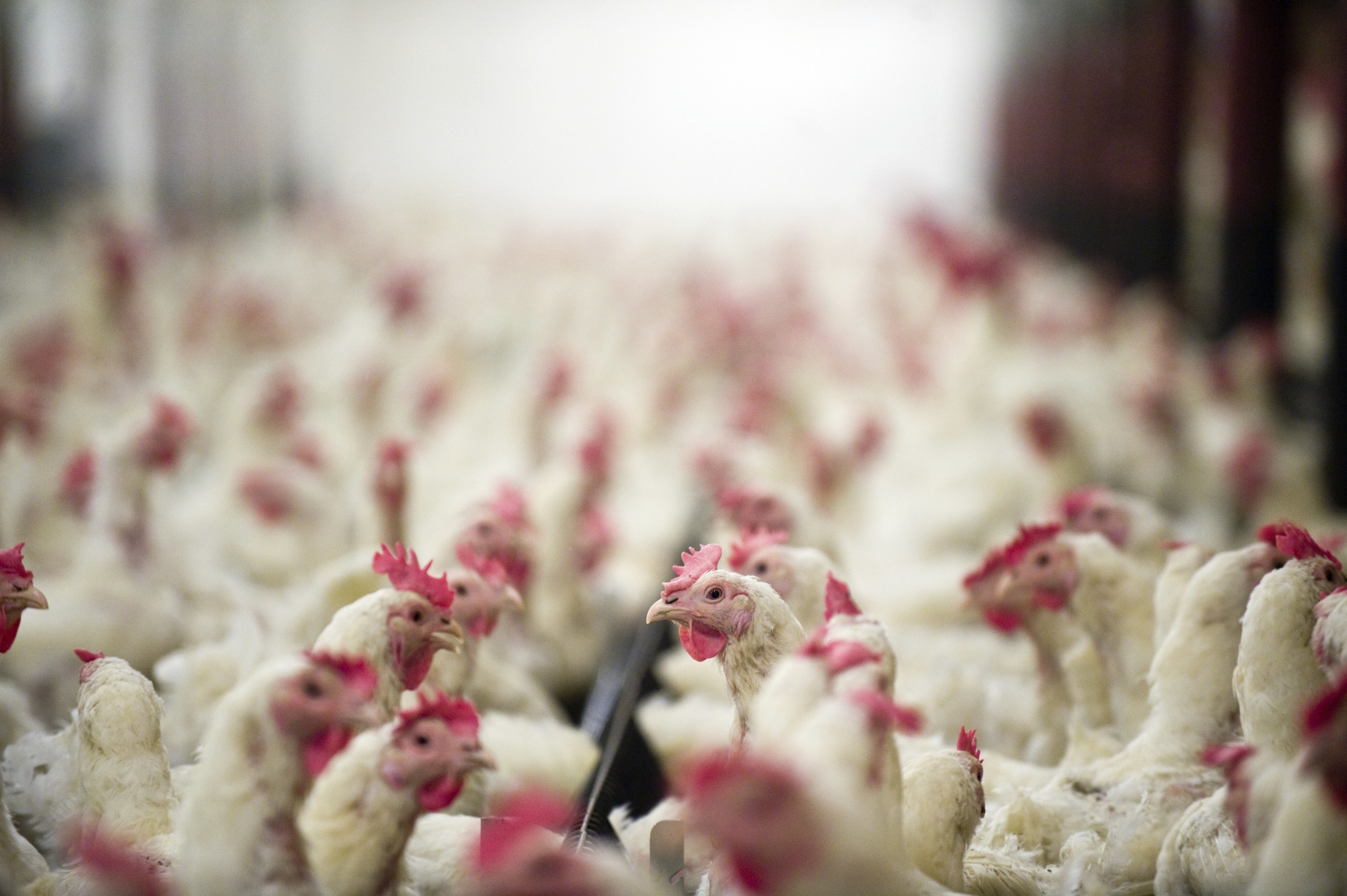
Current Nutritional Issues of the Poultry Industry in South and Southeast Asia and How Research Can Help
The poultry industry in South and Southeast Asia is crucial, providing a significant source of protein to millions of people. However, it faces several nutritional challenges, many of which stem from a combination of production practices, environmental factors, and dietary concerns. Some of the key nutritional issues in these regions include the problem on feed quality and nutrient imbalance as farmers rely on low-cost, locally sourced feed ingredients that may lack key nutrients. This often results in nutrient imbalances, affecting growth rates, egg production, and overall health. Deficiencies in essential vitamins and minerals, particularly vitamin A, D, and E, and trace minerals like zinc and selenium, can compromise the birds' immune system and productivity. Mycotoxins, which are toxic compounds produced by mold growth on crops like corn and wheat, are prevalent in tropical climates as well. This contamination is a major challenge, particularly for smallholder farmers who may not have access to high-quality feed or means of testing for mycotoxins. Another issue is inadequate protein and amino acids in the diets. Protein is essential for growth and egg production in poultry. However, many poultry farms use feed that is deficient in high-quality protein sources like soybean meal, and instead use cheaper alternatives like rice bran and copra meal, resulting in poor weight gain and lower egg production rates. The excessive use of antibiotics in poultry farming, often as growth promoters or to prevent disease can lead to antibiotic resistance. This issue has broader implications not just for animal health, but also for human health, as resistant bacteria can be transmitted through the food chain. A major issue of the poultry industry are climate Change and feed availability. Changes in climate patterns, such as droughts or floods, can disrupt the availability of key feed ingredients like corn and soybeans. This results in higher feed costs and potential feed shortages, which exacerbate nutritional deficiencies in poultry diets. The difficulty in following genetic company recommendation in breeder management also needs to be discussed. Addressing these concerns in a science-based approach will significantly alleviate the impacts of these issues in the poultry industry of the region.
Speaker Bio

Dr. Noel Lumbo is a graduate of Doctor of Veterinary Medicine and Doctor of Philosophy in Animal Science specializing in monogastric nutrition and gut health interactions in UP Los Baños. He is currently an Assistant professor and Head of the Animal Nutrition Division of the Institute of Animal Science in UP Los Baños. His research interests are on gut health, feed ingredient evaluation, evaluation of non-conventional feedstuffs, and designing diets for free-range and organic feeding systems. He is the Secretary of the Philippine branch of the World Poultry Science Association, a member of the Philippine Veterinary Medical Association and UPLB Interdisciplinary Center for Organic Agriculture. He is also the Division Leader for Food and Feed Safety of the UPLB Program for Zoonotic Diseases. He is a Life Member and Auditor of the Philippine Society of Animal Science.
He is a Diplomate of the Philippine College of Poultry Practitioners (PCPP) and the Philippine College of Veterinary Feed Practice (PCVFP). He was the recipient of the Asian-Australasian Association of Animal Production Congress (AAAP Congress) Outstanding Young Scientist Award in 2016 and in 2021, the Philippine Society of Animal Science (PSAS) Outstanding Young Professional in Animal Science Teaching. This year, the Philippine Veterinary Medical Association (PVMA) awarded him the 2022 Outstanding Veterinarian in Education and the Asian-Australasian Association Animal Production Congress (AAAP Congress) Outstanding Young Scientist Award for 2022.

